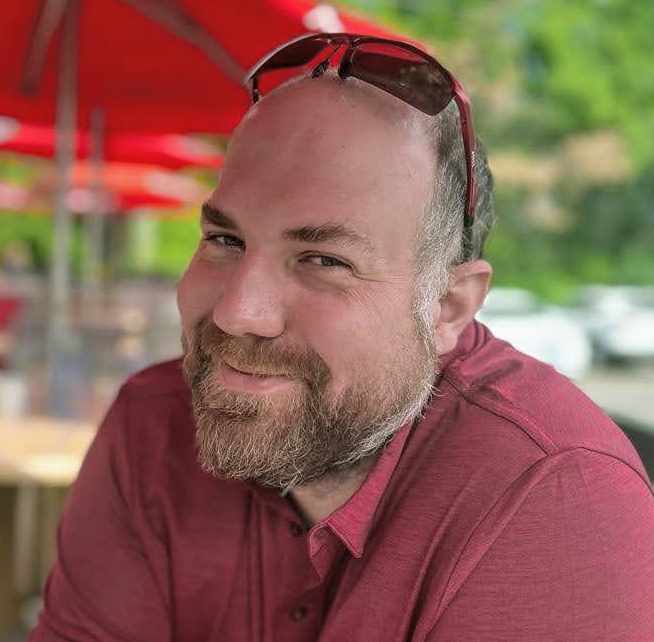I was talking to someone who was previously what I’d call a militant atheist. They were very disdainful of religion (something I’ve at times been guilty of in the past). I was talking about how I recently viewed religion in a new lens, the “community” aspect. By that I mean that, for some, the critical aspect of religion is not the specific beliefs, but rather the sense of community you get. The benefit is that you have others who share the same general values as you.
And I say “share the same general values as you” but really, those values are often common to everyone. I’ve rarely met folks who didn’t want to treat others like you’d want to be treated, who didn’t care about others, or who didn’t want to make the world a better place. Maybe I’m being idealistic but I’d attribute those values to a large majority of people.
With a religious community, you’re primed to be kind to others in it. I don’t think this is limited to religious communities. Personally I feel it’s similar to meeting other Franco-Manitobains (and even now Franco-Ontarians), and I would suspect this also extents to other minority groups.
Maybe it’s the big city, maybe it’s the atheism, I’m not sure where, but I feel like we’ve lost that sense of community. Or at least, that it’s less prominent in my life personally.
It’s strange because, let’s say 50% of folks share my values, those of being compassionate, of trying to make the world a better place for everyone, etc. Then why am I not starting from a place where I assume that’s the ones they share and treat them as part of my community?
Why is it that we’re not “primed” for doing the neighborly thing in the city? That without some (somewhat arbitrary) common ground we don’t assume the best intentions, or we don’t lead with compassion. Why are we (or maybe it’s just me) not primed for that outside of our niche community?
I don’t want this post to sound like I’m not critical of many aspects of religion. I feel that many of the religious scriptures of all religions can teach us a lot, it’s just that sometimes it seems like the ground crew implements it in ways that are sub-optimal.
But one thing religion has done well, is bring folks together. Whenever someone was going thru tough times back home, everyone would take turns cooking suppers, babysitting, help with construction after an unexpected accident, etc.
That feeling of community is something I want to focus on in the next year. Of building and fostering a community of friends. If you’re interested in joining, let me know :).

